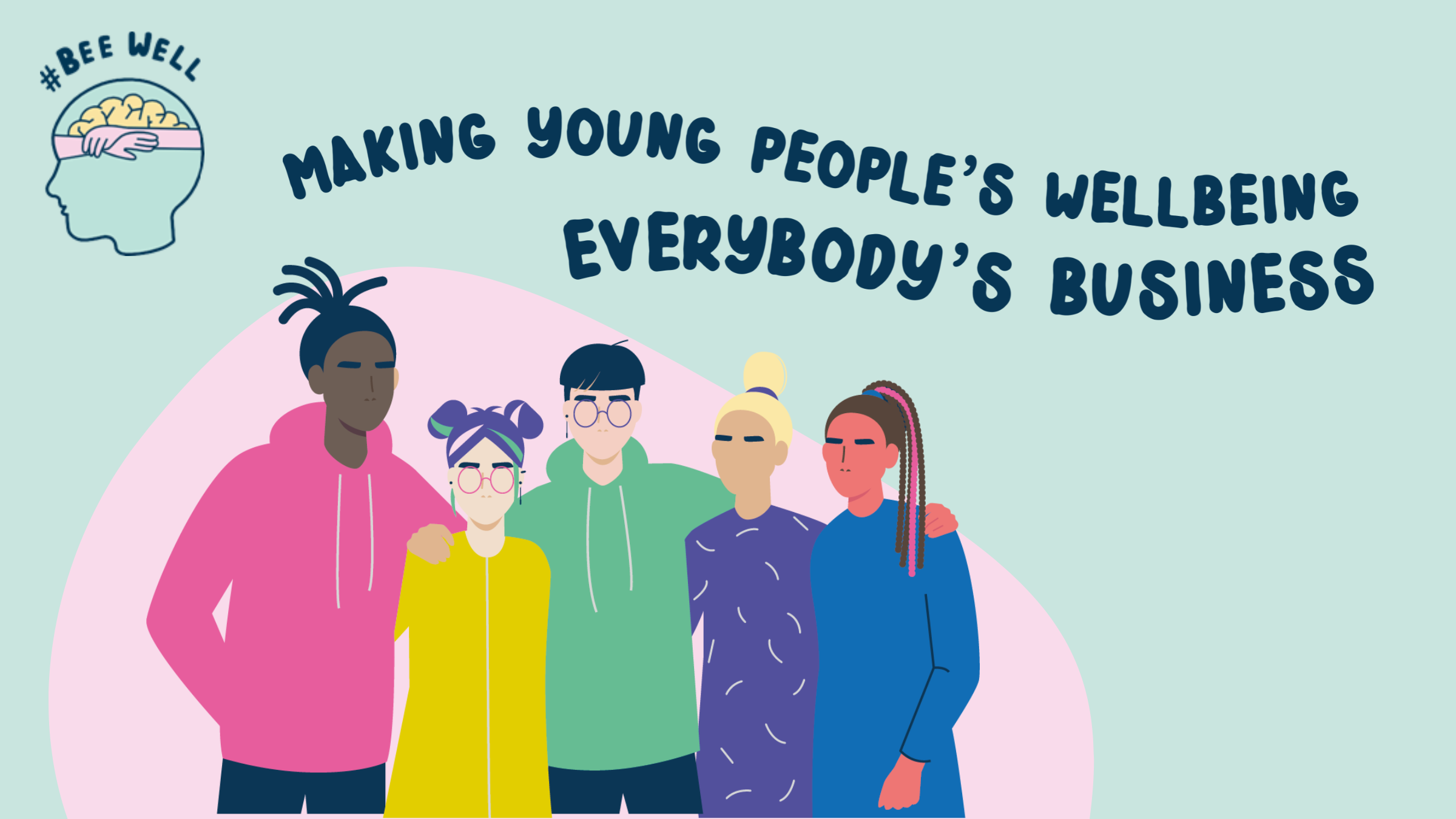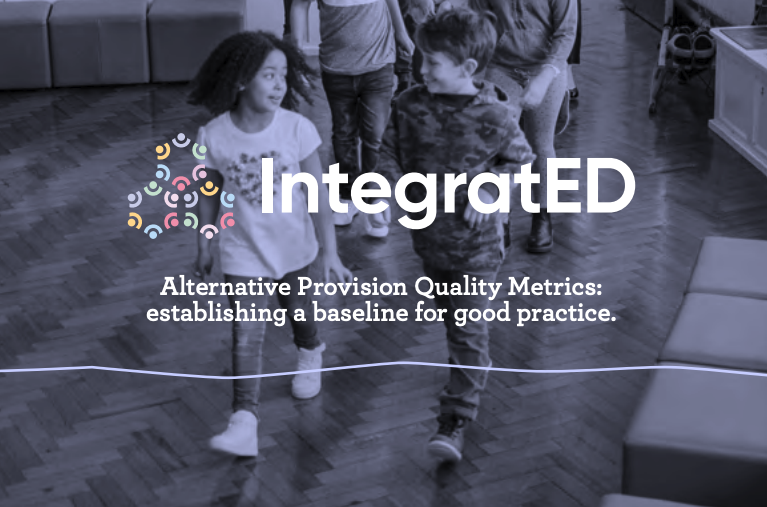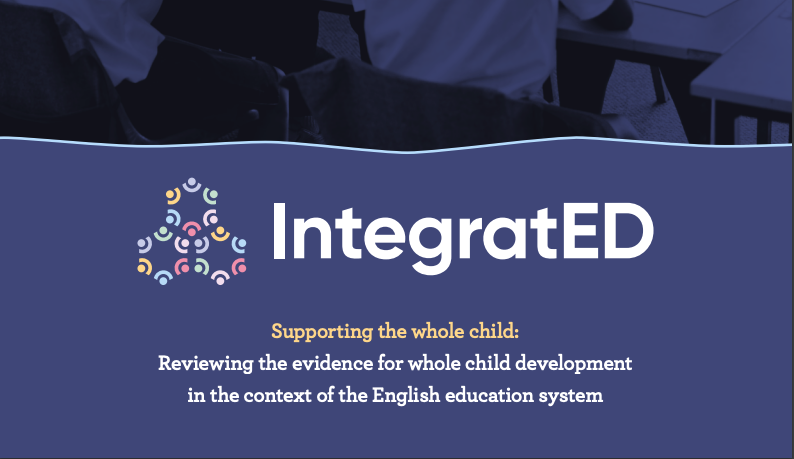IntegratED partners are working to…
We are training teachers to develop and engage children who have challenging behaviours and we are training school leaders of the future to implement whole-school strategies to reduce preventable exclusions.
Working with children at risk of exclusion, we are implementing literacy programmes, raising
aspirations, teaching children how to learn, and bringing together teachers and pupils to uncover the reasons driving high exclusion rates.
We are researching illegal exclusions; unexplained pupil moves into alternative provision; parental engagement; teacher awareness of whole-child development; and how the quality of relationships affects outcomes in alternative provision.





